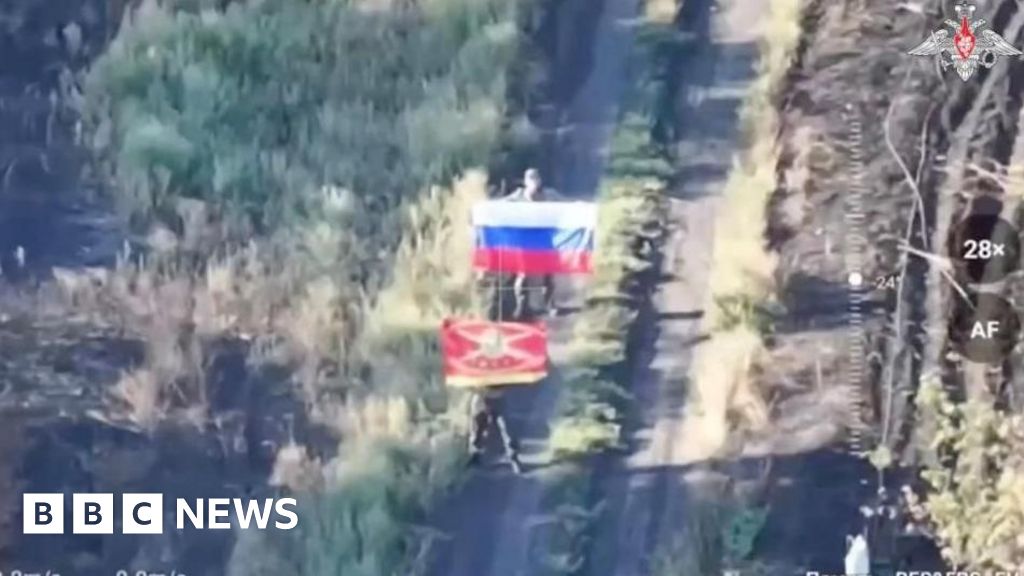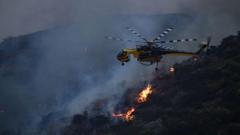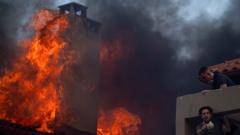In a remarkable yet peculiar electoral process, the International Olympic Committee (IOC) is gearing up for a presidential vote this March. During a recent gathering at the Olympic Museum in Geneva, seven candidates were introduced to members, kept away from the direct influence and questions of voters. Outgoing president Thomas Bach joked about the closed-door arrangement for the dinner to allow members to “enjoy their meals in peace.”
Candidates, including Princess Anne’s royal contender Prince Faisal Al Hussein, face a maze of restrictions: no debates, limited public knowledge of their visions, and they cannot receive endorsements. This tension has led to calls for more transparency in an election described as often akin to a "papal conclave".
Among the candidates are several prominent sports leaders, including Olympic champion swimmer Kirsty Coventry, who is making history as the first female and African candidate for IOC presidency. As candidates present their platforms in strict privacy, tensions rise about the rules that restrict their ability to connect with voters. The next president will oversee an organization valued at almost $8 billion, shaping the sports world while navigating significant global challenges.
With a changing political landscape and high stakes on the line, this quirky election will put the winner at the forefront of international sport, tasked with fostering collaboration in an increasingly divided world.
Candidates, including Princess Anne’s royal contender Prince Faisal Al Hussein, face a maze of restrictions: no debates, limited public knowledge of their visions, and they cannot receive endorsements. This tension has led to calls for more transparency in an election described as often akin to a "papal conclave".
Among the candidates are several prominent sports leaders, including Olympic champion swimmer Kirsty Coventry, who is making history as the first female and African candidate for IOC presidency. As candidates present their platforms in strict privacy, tensions rise about the rules that restrict their ability to connect with voters. The next president will oversee an organization valued at almost $8 billion, shaping the sports world while navigating significant global challenges.
With a changing political landscape and high stakes on the line, this quirky election will put the winner at the forefront of international sport, tasked with fostering collaboration in an increasingly divided world.




















